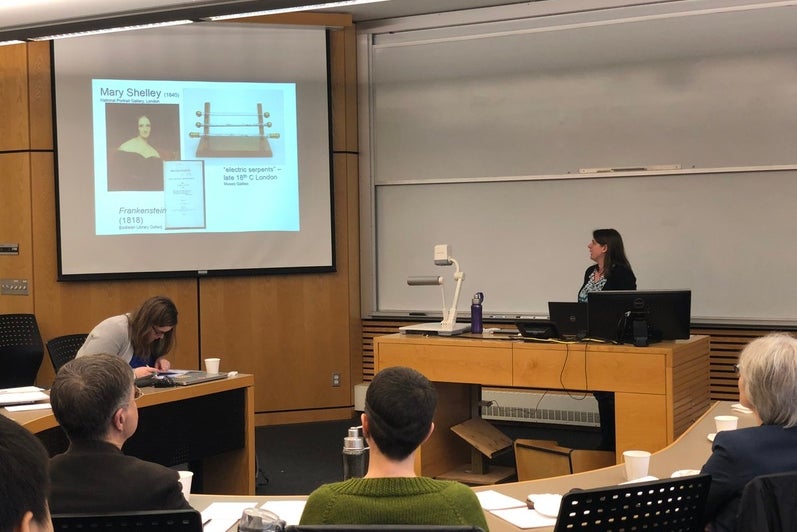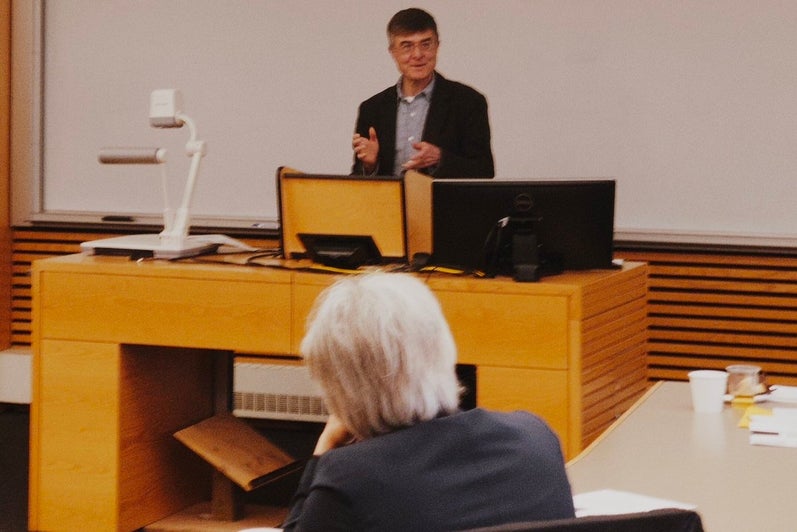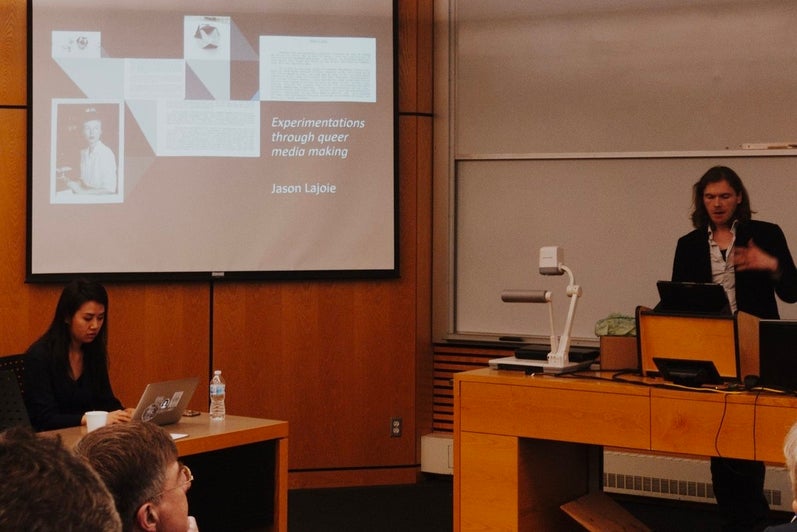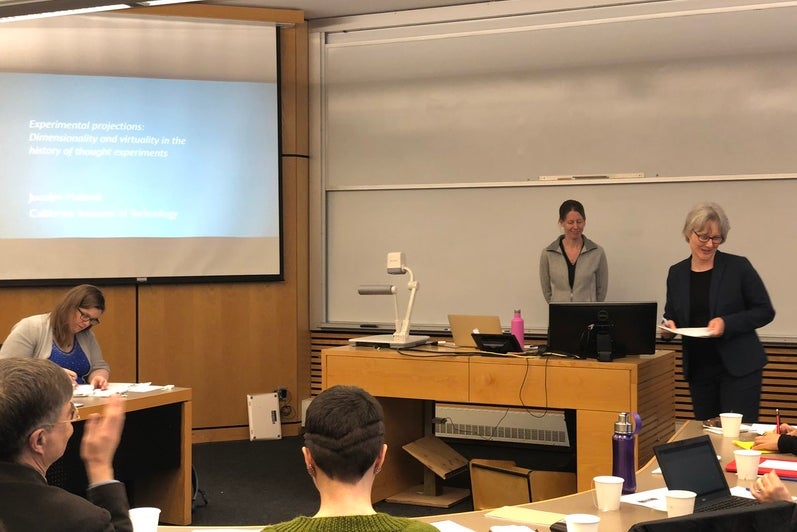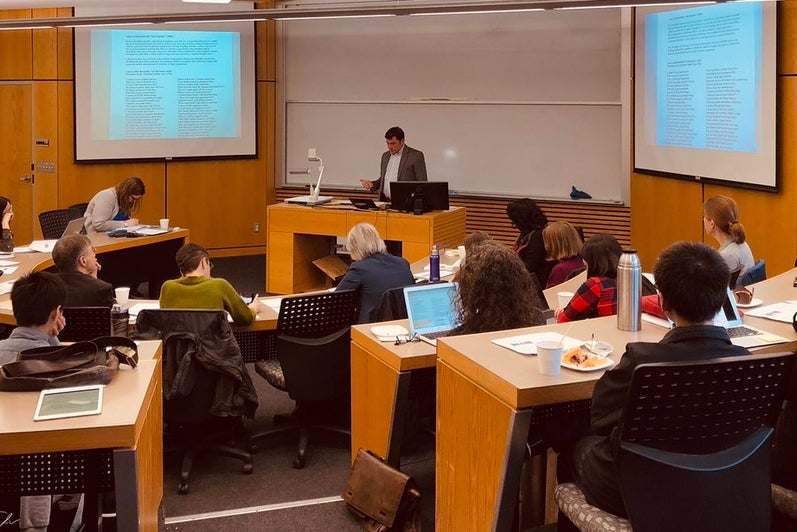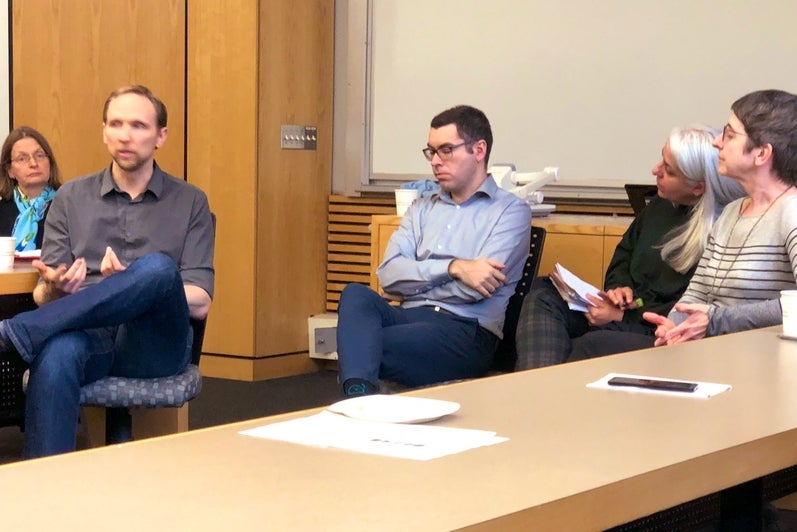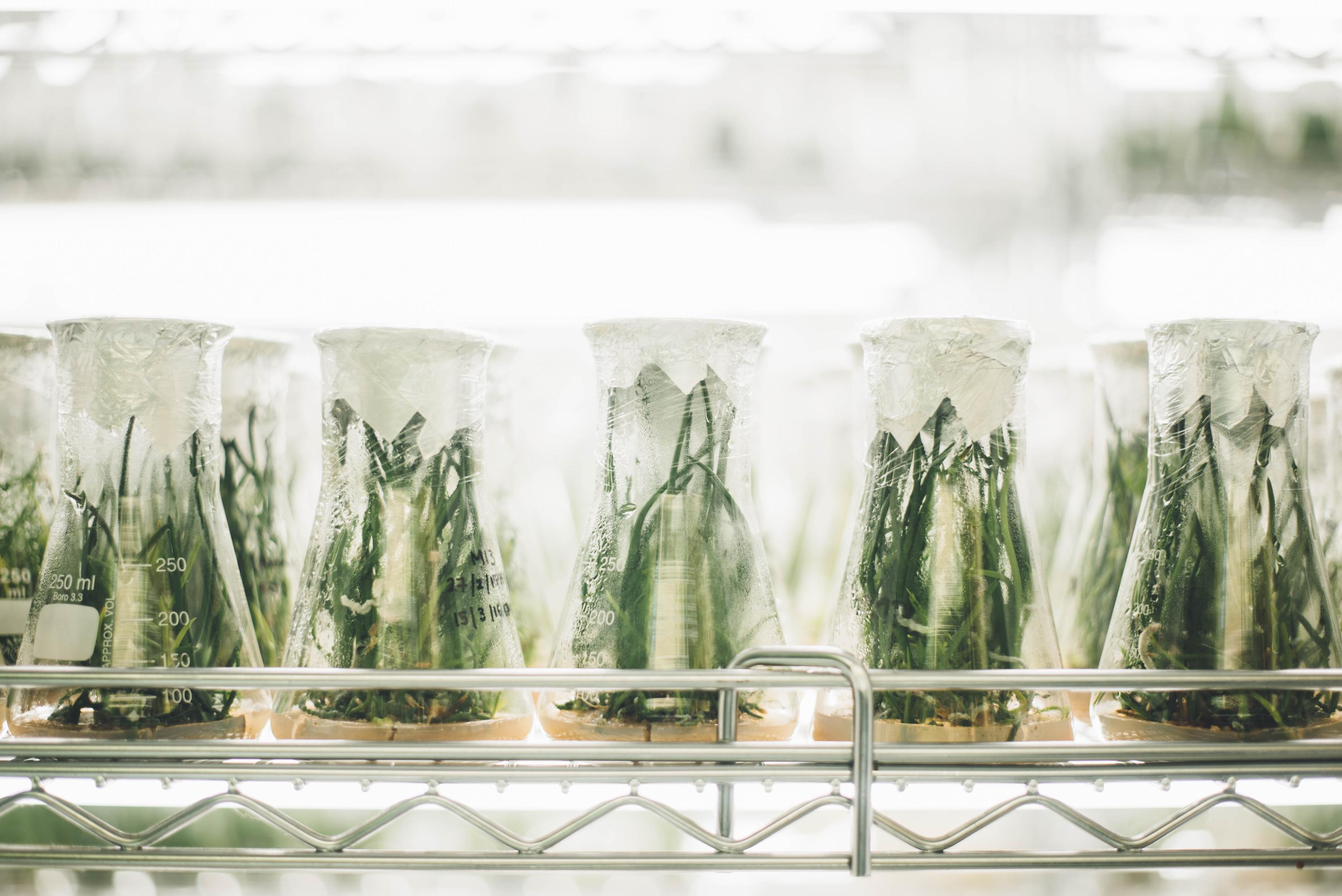
THE NATURE OF EXPERIMENT: INTELLIGENCE, LIFE, AND THE HUMAN
Mary Shelley’s famous invocation of human experimentation gone wrong is more than 200 years old, but remains as vibrant an analysis of the human implication of scientific insight as it did when it was first published; perhaps more so in an age on the verge of breakthroughs in both AI and bioengineering. This conference will approach the intersections of intelligence, life, and the human from a unique perspective, through the concept and practice of the “experiment,” both today and in the past.
Since the incorporation of the Royal Society in the 1660s, the experiment has been a central locus of both knowledge creation and design in our cultures and societies. Poets, engineers, scholars, entrepreneurs, and scientists all conduct experiments, and have done so for centuries. Today, experiment embraces information and data in new ways to create a host of new devices and vehicles. In this era of emerging AI, it is timely to ask practitioners in all these fields to reflect on what it means to “experiment.”
Thank you to our co-sponsors the Faculty of Arts, Department of Philosophy, and Department of English Langauge and Literature. And a big thank you to all of our speakers who made the day such a success.
Here are some images from the event:
Schedule: See below
Keynote Speaker: Jocelyn Holland (Comparative Literature, CalTech)
Questions and issues to be considered:
- What is an experiment?
- What are the consequences of experimentation?
- Why does Shelleys warning text resonate today, and in what areas of life does it resonate, and why?
- How has experimentation changed since Shelleys day?
- What are the new zones of experiment (for example, in the use of information and data in the creation of intelligence in autonomous vehicles)?
- How is social media feeding into new forms of intelligence?
- What are the philosophical grounds of experimentation?
- What are the ethics of experimentation?
- At the root of the meaning of experiment is the concept of experience: how is experience experimental?
- How is experiment experiential? And along with experience, experiment invokes the idea of creation or invention. Creators are celebrated. But the creator in Frankenstein is cursed. Are all experimenters potentially cursed progenitors? Is invention always good? Is invention always human?
Schedule (Monday 8 April, 2019):
(University affiliation is University of Waterloo unless otherwise noted)
9:30 - Breakfast
9:45 - Welcome and opening address (HH 2107) Alice Kuzniar and James Skidmore (German)
10:00-11:45 Session 1 (HH 2107) Speculation and Theory in Experimentation - chaired by Tristanne Connolly (English, SJU)
1. Michael Barnett-Cowan (Kinesiology) Using brains to study brains: What it means to “experiment”
2. John Savarese (English Language and Literature) Experimental, innovative, speculative: Enlightenment keywords in science and literature
3. Tilottama Rajan (English, Western University) The Laboratory of nature: Series and folds in Schelling’s “First Outline of a System of the Philosophy of Nature” (1799)
4. Doreen Fraser (Philosophy) The use of analogies to theorize about electrical experiments in the nineteenth century
11:45-12 Break
12:00-1:00 Keynote Address - Jocelyn Holland (Comparative Literature, Cal Tech) Experimental projections: Dimensionality and virtuality in the history of thought experiments - chaired by Christine Lehleiter (German, University of Toronto)
1:00-2:00 Catered Lunch
2:00-3:30 Session 2a (HH 2104) Ethical Questioning - chaired by Jean Wilson (Interdisciplinary Arts & Science Program, McMaster University)
1. Ben Thompson (Optometry and Vision Science) My experience leading a randomized clinical trial
2. Carla Fehr (Philosophy) For the love of dog: The ethical dimensions of canine cognition research
3. Vijay Ganesh (Electrical and Computer Engineering) The promise and pitfalls of AI
Session 2b (HH 2107) Agency, Emotion, Performance - chaired byLai-Tze Fan (English)
1. Jesse Hoey (Computer Science) The science of artificial intelligence
2. Fraser Easton (English Language and Literature) Paralinguistic experiment, 1759-1798
3. Jason Lajoie (English Language and Literature) Experimentations through queer media making
3:30-4:00 Coffee Break
4:00-5:30 (HH 1108) Roundtable: The Nature of Experiment
Alice Kuzniar, Chair (German), Joan Steigerwald (Humanities, York University), Jasmin Habib (Political Science), Igor Grossmann (Psychology), Mark Hancock (Management Science)
